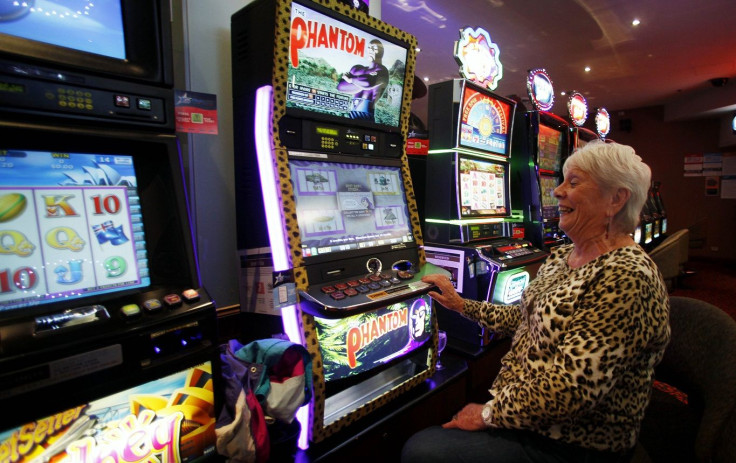On Top Online Down Under: A brief history of online betting in Australia

In theory, online betting ought to a bigger deal in Australia than anywhere else on the planet. After all, it’s widely documented that Aussies are among the world’s biggest bettors, contributing massively to a $56.7 billion betting site industry. Indeed, such is the national appetite for gambling that the Great Southern Land boasts countless examples of what to some might sound like a dream destination – a public house that doubles as bookmakers.
But while the abundance of TAB outlets – not to mention the ubiquity of pokies – points to Australia being perfectly primed for online betting, in actuality, cyber wagering has faced a range of obstacles in Oz. And some of these have still to be fully overcome.
It was on July 11, 2001, that Australia’s Interactive Gambling Act passed into law. The legislation made it an offence for online gambling operators to offer “real-money” online wagering to residents. Furthermore, the IGA made it illegal for the likes of Sportsbet to advertise online poker and casino games to citizens. All sounds pretty prohibitive, doesn’t it? But as Australia’s a can-do nation, its punters were so successfully able to circumvent the system that, by 2010, they had gambled in the region of $800 million online.
That resident bettors had been free to enjoy their pastime online stemmed from the fact that the IGA didn’t made it illegal to access and use interactive gambling services. Furthermore, companies based in Australia were free to offer such services to gamblers located outside of Oz.
But while interpretation of the law has allowed companies such as Sportsbet, William Hill and Betfair to flourish locally, in-play – that staple of online sports betting – is still illegal in Australia. More pertinently, Aussie gamblers and wagering operators face an impressive range of adversaries comprising the likes of Human Services Minister Alan Tudge MP, Green Party Senator Richard Di Natale and anti-gambling activist lawyer-turned-politician Nick Xenophon.
One of the aforementioned foes fronted the latest assault on the online gambling front in Australia. On Thursday Nov. 10, 2016, the government passed the Alan Tudge-approved Interactive Gambling Amendment Bill. Among other things, the new legislation left online gambling operators active in the country obliged to acquire local licences. Field bets from punters in Australia without first acquiring such documentation and operators could face fines up to a staggering $1.35 million a day.
Why the stringent measures? Look no further than Mr Tudge, who earlier in 2016 had announced his intention to amend the 2001 IGA to remove loopholes that freed licensed operators to take in-play bets online.
“Currently hundreds of illegal gambling services are easily accessible on the internet,” Tudge told The Guardian, “and we know that people are more likely to get into trouble online – 2.7 percent of interactive gamblers are problem gamblers compared to 0.9 percent of all gamblers.
“We expect online wagering providers to meet community expectations; the tougher laws will seriously disrupt illegal offshore providers from acting unscrupulously or targeting vulnerable Australians.”
Of course, the more obstacles local operators must overcome, the harder it is for Australian bettors to enjoy a flutter. But as the nation’s appetite for gambling remains vast, ingenious Aussies will continue to find ways in which to take a punt online as and when they please.





















